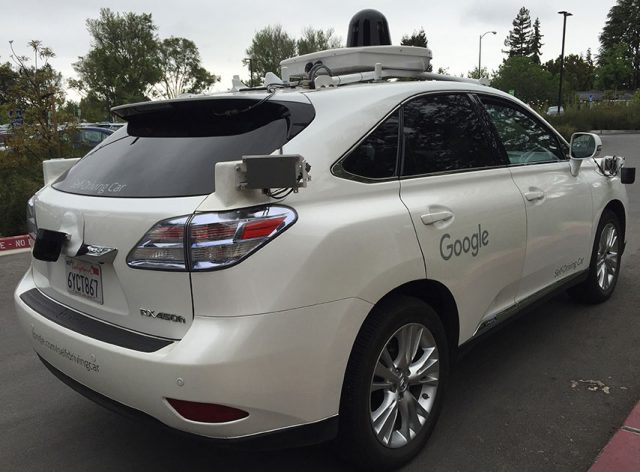WASHINGTON | A bipartisan trio of U.S. senators said on Tuesday they planned to introduce legislation to remove regulatory roadblocks to the introduction of self-driving cars, including sorting out conflicts between state and federal rules.
Republican Senator John Thune, who chairs the Commerce Committee, Bill Nelson, the top Democrat on the panel, and Senator Gary Peters, a Michigan Democrat, said in a joint statement that existing federal vehicle regulations written over recent decades did not account for self-driving cars without a human driver behind the wheel.
Thune said the senators hoped to reach agreement based on “prioritizing safety, fixing outdated rules, and clarifying the role of federal and state governments.”
Federal auto regulations pose significant legal hurdles that must be cleared before fully self-driving cars can be sold without steering wheels and gas pedals, a government report said last year.
The Senate Commerce Committee is holding a hearing on self-driving cars on Wednesday. Mitch Bainwol, head of the Alliance of Automobile Manufacturers, an auto trade group, will tell the panel that Congress should work to eliminate state or local laws that could “unduly burden or restrict the use of self-driving vehicles in the future.”
The senators are joining a broader movement in Washington to respond to calls from Detroit and Silicon Valley for federal action to set rules for self-driving cars, rather than allowing states such as California to write potentially conflicting rules.
The chairman of the House Energy and Commerce Committee told Reuters last week he planned to unveil a package of legislation to overhaul federal rules governing self-driving vehicles.
Companies such as Alphabet Inc, General Motors Co and Volkswagen AG are pursuing automated technologies and want unified federal regulations to replace outdated rules and make it simpler to develop and eventually sell the technology across the country.
In April, automakers and technology companies urged California to make changes to its proposed state regulations governing autonomous vehicles. Many oppose California’s plan to require a state permit to deploy autonomous vehicles, which must meet performance and design criteria.
The U.S. Transportation Department said last week it would unveil revised self-driving guidelines within the next few months, responding to automakers’ calls for regulations to sanction costly efforts to put autonomous vehicles on the road.
Vehicle crashes annually kill more than 35,000 people on U.S. roads and injure 2.4 million. The economic cost of vehicle crashes is at least $240 billion annually, the government says.










